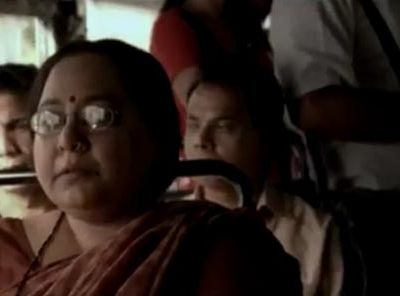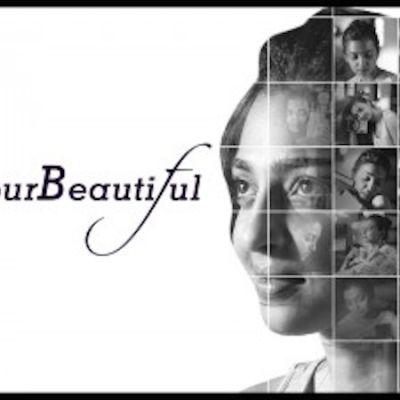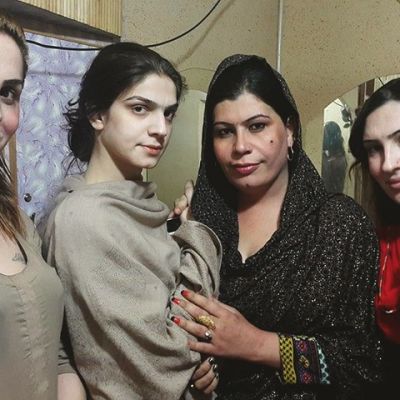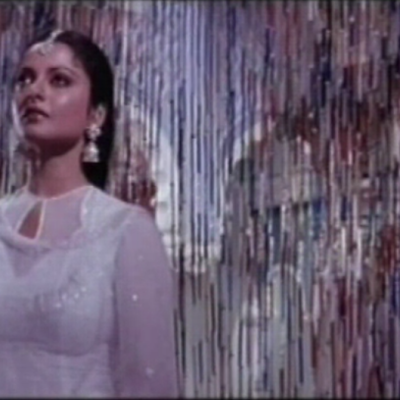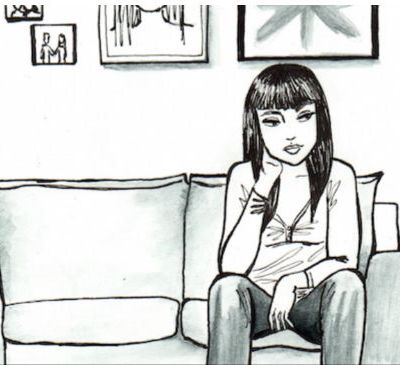Curated Content
A short movie with a twist ending, Belle de Jour (meaning ‘Beauty of the Day’, and this one is not the 1967 film by Luis Buñuel) begins by showing a stereotypical middle-class Indian woman who goes to work after taking care of her household.
This photo feature gives us a glimpse into the lives of women from around the world at their diverse places of work: “Teachers, farmers, businesswomen, politicians, mothers, law enforcers – women and girls contribute every day in many visible and invisible ways.”
They were stranded together on an island, the only two English-speaking writers at a conference (this somehow happens in Berkeley). They have wild and instant intimacy of the kind where you tell each other everything. It’s the kind of friendship in which you want to be together all the time, the world is not enough, the day is not long enough to give you all the time you want with your friend.
While the video’s message of women finding self-worth through beauty can be construed as sexist (our worth can’t be reduced to mere beauty and looks), and it also has the token ‘fat’ woman that one can criticise it for, one also can’t deny that the loving and acceptance of one’s body remains a universal, daily struggle of probably every woman the world over.
In the Chinese province of Yunnan, ‘early marriage’ is a common phenomenon. Dearth of employment opportunities compels parents to marry off their children before leaving for work in bigger cities. The cultural trend favours early marriage, so there is no social stigma attached to it.
I’m convinced we’re having the wrong conversation around digital porn. If we really want to have a meaningful conversation around porn, it’s time we stopped talking about its imagined harms. It’s time we started talking about actual harms. It’s time we started talking about the fault lines of consent.
Imtiaz Ali’s 5-minute film begins as any trite gangster flick but rapidly flips things around both in narrative and in audience perception.
In Peshawar alone, the community consists of over 500 transgenders. At least 20 per cent of these have AIDS. Their risk of contracting AIDS is higher, since 59 per cent of khawaja saras report to have at least one sexually transmitted infection.
Sex workers also are renowned for being educators – teaching people about safer sex practices and letting them explore their sexual expression in a safe and supportive environment. Seeing a sex worker can assist in one’s rehabilitation, allowing people to rediscover their sexual functioning after an accident and also learn to adapt to new sexual positioning with their new limited mobility.
If there are hordes of reasons for having sex, and all kinds of activities that count as work, why is it that the act of performing sexual services cannot be accepted as legitimate work?
Liz Hilton illustrates the puzzle in a booklet published by Empower Foundation, Thailand.
“‘Dhandewali’s must smoke; paan is a must; a ‘dhandewali’ can never escape her identity; ‘dhandewali’s must dress ‘differently’… Spanning over 6 decades of Bollywood cinema, ‘Zinda Laash’ highlights how very little has changed across the ages when it comes to the industry’s representation of women in prostitution. Humorously drawing attention to stereotypes, while poignantly highlighting myths, ‘Zinda Laash’ is a tribute to every sex worker who is not recognised as a woman or a human being.”
The gang rape and murder of New Delhi’s Jyoti Singh in December 2012 shook up the country’s urban collective conscience. Kavita Krishnan’s erudite feminist leadership emerged from the incident’s aftermath – a powerful voice of outrage against the curtailing of freedom and mobility.
Graphic designers from 18 countries across the world were asked to Photoshop a single image of a young woman, and…
I ressurected my account to be more pointed about who should swipe me left or right. But the problem wasn’t…
Recurring themes of women and loneliness occur in the illustrations of Idalia Candelas. Her drawings are a mix of ink,…

